It's time we stop asking warlords how to prevent war. And start asking women.
How to prevent war. By Virginia Woolf, Riane Eisler, Leymah Gbowee, Julie Ward Howe, Malalai Joya, Audre Lorde, Winona LaDuke, Gloria Steinem and bell hooks.
As Israeli jets bombed Iran’s nuclear and missile facilities this week, the question of how to prevent war has been on many people’s minds.
Only 16% of Americans support US military intervention in Iran.
But it is not up to us.
As of Saturday, June 21, self-proclaimed “peace maker” Donald Trump has bombed Iran.
Lawmakers like Representatives Ro Khanna and Thomas Massie and Senators Tim Kaine and Bernie Sanders have been scrambling this week to pass legislation to limit the president's power to join the war. But to no avail.
In a now familiar ritual, the world holds its breath while a few powerful men decide whether or not thousands, or millions, of people will die.
Usually in the name of “promoting peace.”
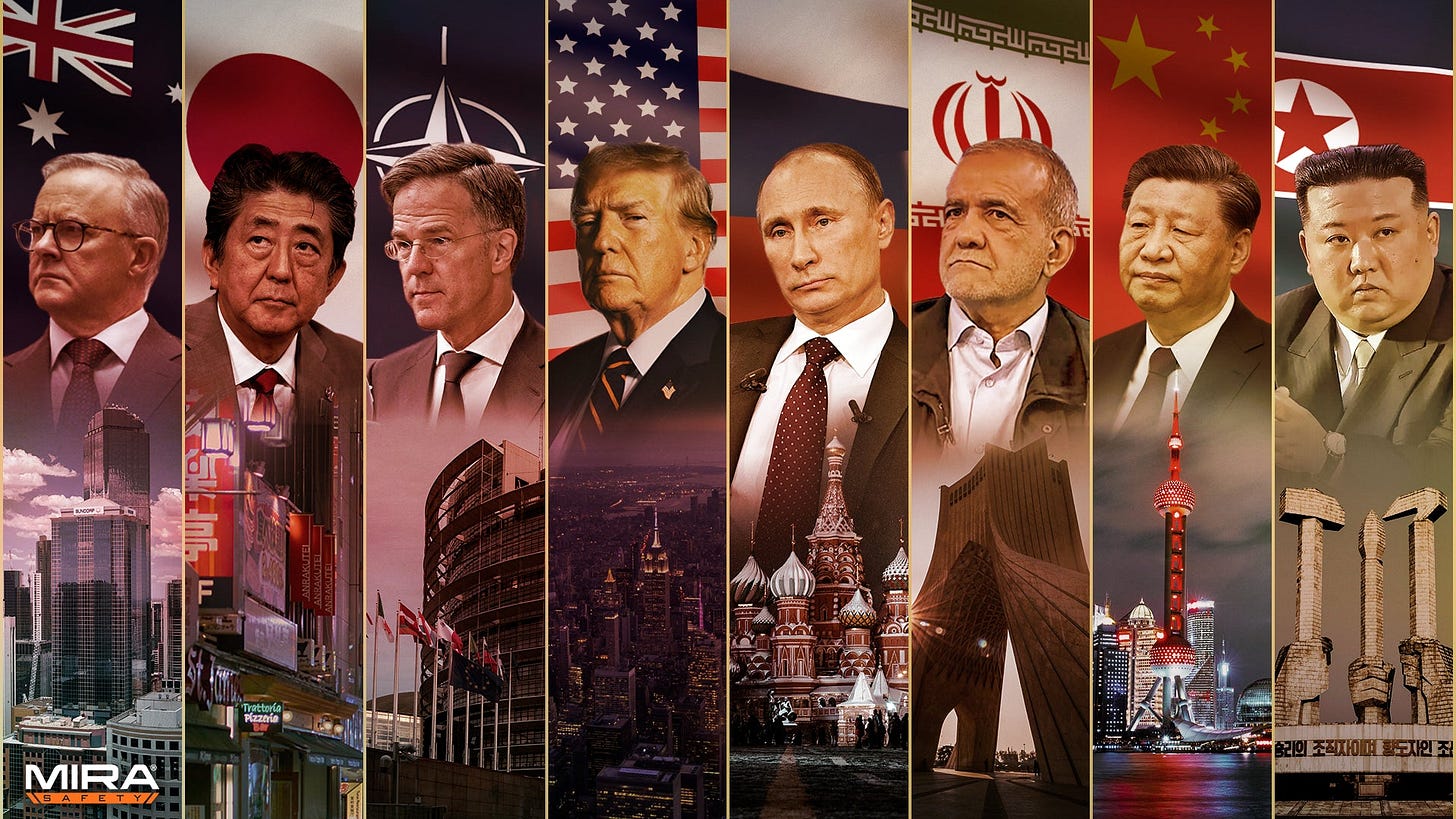
How do we prevent war?
On the beaches of Normandy last June, where 80 years ago men died by the thousands to end a war, world leaders gathered to remember and recommit to peace. The US President as well as the rulers of Britain, Germany, France and others pledged to remember the millions killed “in bloody warfare” asking on the former battlefield how do we prevent war?
On Thursday this week NPR ran a story on their State of the World broadcast called, “Can War Games Prevent Actual War?” The story followed simulations of global war played in Washington DC. The simulations are put on by The Center for Strategic International Studies and are played regularly by former employees of the Pentagon.
This week was a simulation of China blockading Taiwan. Today Raymond Dubois, former undersecretary of the army, is playing for Team USA. Web Ewell, director at the Center for Naval Analysis, is playing on team Taiwan.
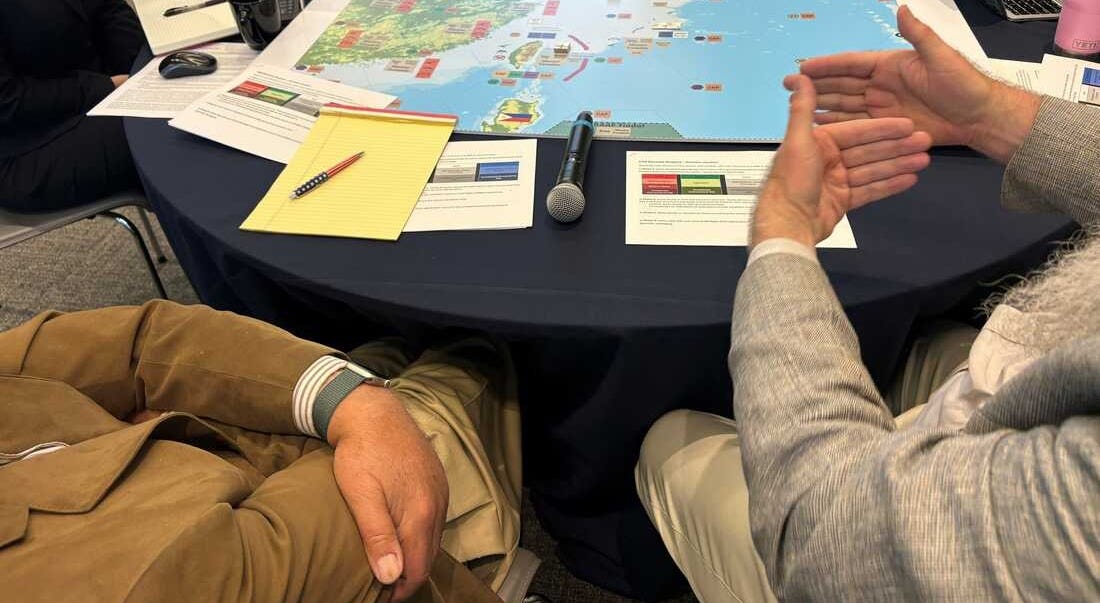
Across three large round tables covered in maps with little blue and red pieces representing war planes and ships, these men, many of whom have access to classified information, try to, as accurately as possible, play war.
Today Team Taiwan won. “Today was less violent. We still ended up with a couple of dozens ships sunk and aircrafts shot down and thousands of casualties, but not as many as in previous games where the casualties were much higher.”
Dubois argues that war gaming is more needed than ever. He says that thinking through how your opponent will retaliate prevents war.
In the background of the NPR piece you can hear a man say, “If they shoot us, we shoot back.”
You can also hear an interviewee say, “I’m having a lot of fun.”
How to prevent war?
It’s a question the world has long left to generals and presidents, to laws and treaties, to kings and prophets, to executives and sergeants.
But what if we’ve been asking the wrong people?
To use Audre Lorde’s verbiage—what if we’ve been asking the master’s tools to dismantle the master’s house?
In 1938 a book was written all about how to prevent war.
World War II began in 1939, so in 1938, war and how to prevent it, was on everyone’s mind.
That year esteemed poet Virginia Woolf wrote The Three Guineas, a book responding to a letter from a prestigious London lawyer who asked her, “How in your opinion, are we to prevent war?”
The letter from the lawyer asked her for financial support- even three guineas- to support the anti-war society.
Woolf responded that if she were to spend three guineas (the equivalent of roughly three dollars in today’s money) to prevent war, she wouldn’t give them to the anti-war society. Rather, she would give the first guinea in support of women’s education. The second guinea she would give in support of women’s employment. Only the third guinea would she grant to the anti-war society, and that guinea is conditional on the extent to which that society promotes hierarchical systems.
She said, “To answer your question, how we can prevent war, we must first ask: who holds the power? Who has been excluded? And what kind of institutions shape their minds?”
She asks about how the institutions of churches, banks, courts, and government are organized.
She notices they are all organized into hierarchies.
Those on top are visibly distinguished from those at the bottom. Woolf notes the ornate costumes used to rank their members. “Some have the right to wear plain buttons only; others rosettes; some may wear a single stripe; others, three, for, five or six.”
Judges have curly wigs and fancy robes, college graduates have hats, robes and sashes, priests have long pointy hats and silky robes, military generals have uniforms with their medals and ribbons prominently displayed.
The decorated men with more ribbons and bows assert their dominance over men with fewer ribbons and bows.
Woolf says you cannot simply oppose war while leaving intact the structures that produce war.
Woolf says the patriarchal education system trains men for domination and nationalism. “Education, the finest education in the world, does not teach people to hate force, but to use it.” She suggests that women can be the key to preventing war, not because they are better than men but because they have been excluded from the institutions, hierarchies and structures that produce and promote war.
“We can refuse all such distinctions and all such uniforms for ourselves. This would be a slight but definite contribution to the problem before us—how to prevent war; and one that a different training and a different tradition puts more easily within our reach than within yours.”
With her first guinea, Woolf would fund a woman’s college- not one that furthers hierarchies, not one that promotes force and patriarchy and domination, not one that merely slots women into the existing hierarchies- but one that refutes all those things.
Rather than use her guinea towards Cambridge or Oxford- she would rather her guinea be used to burn existing colleges down so that an entirely new education system could be built. A college not just for women, but for everyone- poor, rich, women, men. Considering that only white men were afforded a BA after their name at the time, this was quite a revolutionary proposal.
“…what should be taught in the new college, the poor college? Not the arts of dominating other people; not the arts of ruling, of killing, of acquiring land and capital. They require too many overhead expenses; salaries and uniforms and ceremonies. The poor college must teach only the arts that can be taught cheaply and practised by poor people; such as medicine, mathematics, music, painting and literature. It should teach the arts of human intercourse; the art of understanding other people’s lives and minds, and the little arts of talk, of dress, of cookery that are allied with them. The aim of the new college, the cheap college, should be not to segregate and specialize, but to combine. It should explore the ways in which mind and body can be made to co-operate; discover what new combinations make good wholes in human life.” - Virginia Woolf, The Three Guineas
Woolf then speaks of the patriotism that has long inspired men to fight wars. But she says, “As a woman I have no country. As a woman I want no country, As a woman my country is the whole world.”
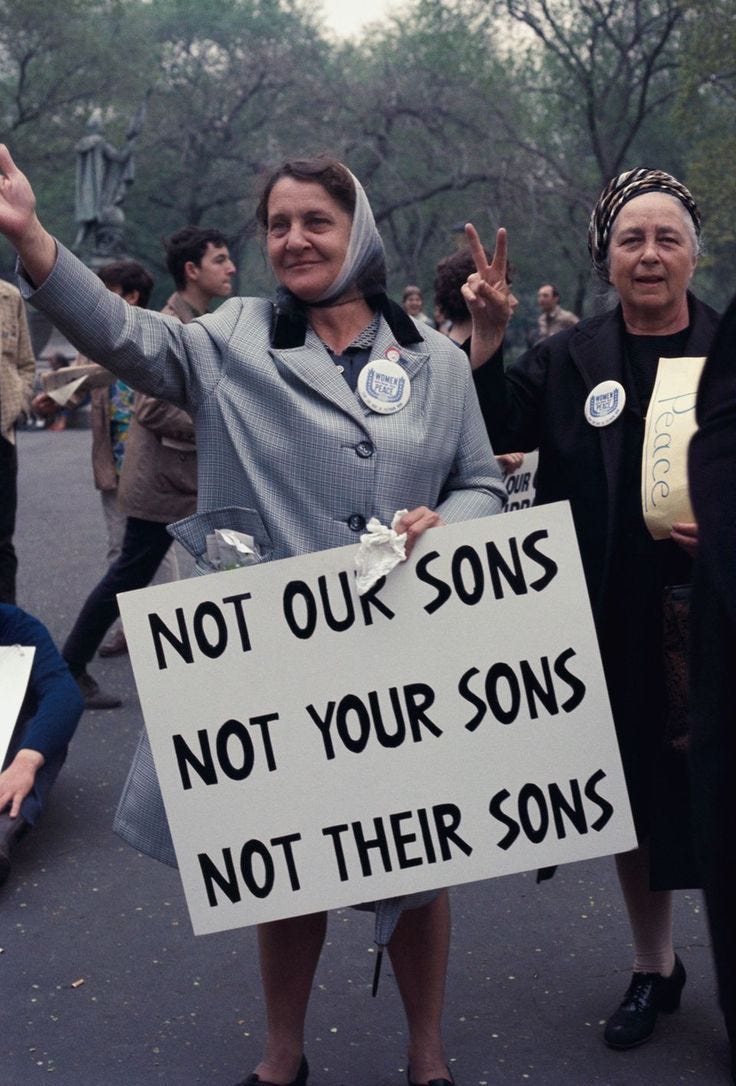
Woolf makes the point that political fascism starts with and stems from fascism in the home where brother is ranked above sister, husband above wife, father above mother.
Most of her treatise on how to prevent war centers on dismantling this patriarchal hierarchy. She says patriarchy and militarism are one in the same- to fight one we must fight the other. War is patriarchal by design. To end war, we must tackle patriarchy.
Fifty years later, historian Riane Eisler would say the same thing in her book The Chalice and The Blade.
“The link between intimate violence in the home and the international violence of terrorism and war is as tightly bound together as the fingers of a clenched fist.” - Riane Eisler
We’ve heard what generals, presidents and kings have to say about war. We’ve been hearing from them for centuries. It’s time we gave the mic to women. Let’s hear what they have to say about war.
Let’s hear from Riane Eisler, Leymah Gbowee, Julie Ward Howe, Malalai Joya, Audre Lorde, Winona LaDuke, Gloria Steinem and bell hooks.
“Gender relations are key to whether a society orients to domination or partnership in all its relations.” - Riane Eisler
Riane Eisler was born in Austria and fled the Nazis with her family during World War II. Her family fled first to Cuba, then to the US. Her book, The Real Wealth of Nations: Creating a Caring Economics, was hailed by Archbishop Desmond Tutu as “a template for the better world we have been so urgently seeking.”
In her book The Chalice and The Blade she explains we are currently living in a dominator system and have been for many centuries, but we haven’t always.
Symbolized by the blade, a dominator model is defined by ranking humans into hierarchies and maintaining those hierarchies by competition, control and domination. Just as Virginia Woolf noticed- one area of domination—say of women over men, white people over people of color, rich people over poor people— has a domino effect into other areas of domination—say of one nation over another.
Symbolized by the chalice, a partnership model is defined by linking rather than ranking. Its benchmarks are equality, cooperation, collaboration, nurturing and mutual respect.
Eisler does not associate men inherently with the blade and women with the chalice:
"For millennia men have fought wars and the Blade has been a male symbol. But this does not mean men are inevitably violent and warlike. Throughout recorded history there have been peaceful and nonviolent men. Moreover, obviously there were both men and women in the prehistoric societies where the power to give and nurture, which the Chalice symbolizes, was supreme. The underlying problem is not men as a sex. The root of the problem lies in a social system in which the power of the Blade is idealized--in which both men and women are taught to equate true masculinity with violence and dominance and to see men who do not conform to this idea as too soft or effeminate.”
Preventing war is not a man vs woman thing. It’s a systems thing. It’s an all of us vs a dominator system thing.
Eisler studies the link between peace and patriarchy noting that less patriarchal societies are more peaceful. “Contemporary nations such as Sweden, Norway and Finland where women are half of the national legislatures have more caring policies, less violence and more environmentally sustainable policies.”
The reverse is also true- the more patriarchal a society is, the more likely they are to go to war. “An authoritarian, male-dominated punitive family is foundational to an authoritarian, male-dominated punitive country. We can see this connection in sharp relief in brutal top-down regimes, be they secular like Nazi Germany or religious like ISIS in the Middle East.”
“I did the work I did because I wanted a stable Liberia for my kids, not because I was after power and glory.” - Leymah Gbowee
Leymah Gbowee lived through the eight year civil war in her home country of Liberia from 1989-1997 only for a second civil war to break out in 2000.
Two years into the second war, in 2002, she had a dream “where God told her, ‘Gather the women and pray for peace!"
Surrounded by war, Gbowee realized that "if any changes were to be made in society it had to be by the mothers." She began the Women of Liberia Mass Action for Peace Movement by going to churches and mosques handing out flyers that read "We are tired! We are tired of our children being killed! We are tired of being abused!! Women, wake up – you have a voice in the peace process!"
The women answered Gbowee’s call. Christian and Muslim women together started praying and singing in a fish market. Then they started picketing at government buildings.
When warring factions held a meeting in a hotel in Ghana, Gbowee led hundreds of women to the hotel to lock arms in the hallway, holding the delegates hostage until a peace agreement was reached.
This meeting officially ended the Liberian war with the signing of the Accra Comprehensive Peace Agreement.
Gbowee was awarded the Nobel Peace Prize for her non-violent, peace-building work.
Like so many other women working for peace, Gbowee says that being against war isn’t enough- all dominator systems, including poverty, must be addressed to prevent war:
“Most of the institutions that come in to offer help after disaster don't have the resources to provide concrete help. . . . Donor communities invest billions funding peace talks and disarmament. Then they stop. The most important part of postwar help is missing: providing basic social services to people. Not having those resources might have been a reason men went to war in the first place; they crossed a border and joined an armed group because they didn't have jobs. In Liberia right now, there are hundreds of thousands of unemployed young people, and they're ready-made mercenaries for wars in West Africa. You'd think the international community would be sensible enough to know they should work to change this. But they aren't.”― Leymah Gbowee, Mighty Be Our Powers: How Sisterhood, Prayer, and Sex Changed a Nation at War
“You have not yet touched the hearts of the women. You have not yet spoken to their power.” - Leymah Gbowee
“We, women of one country, will be too tender of those of another country to allow our sons to be trained to injure theirs.” - Julie Ward Howe
Did you know that Mother’s Day was originally organized to be an anti-war movement?
In 1870, Julia Ward Howe had witnessed the carnage of the Civil War and the Franco-Prussian War.
She looked around and noted that “the ambition of rulers has been allowed to barter the dear interests of domestic life for the bloody exchanges of the battle field. Thus men have done. Thus men will do.”
Like Gbowee, Howe had little faith that the men in charge would change. She thought if anyone could bring about peace, it would be mothers.
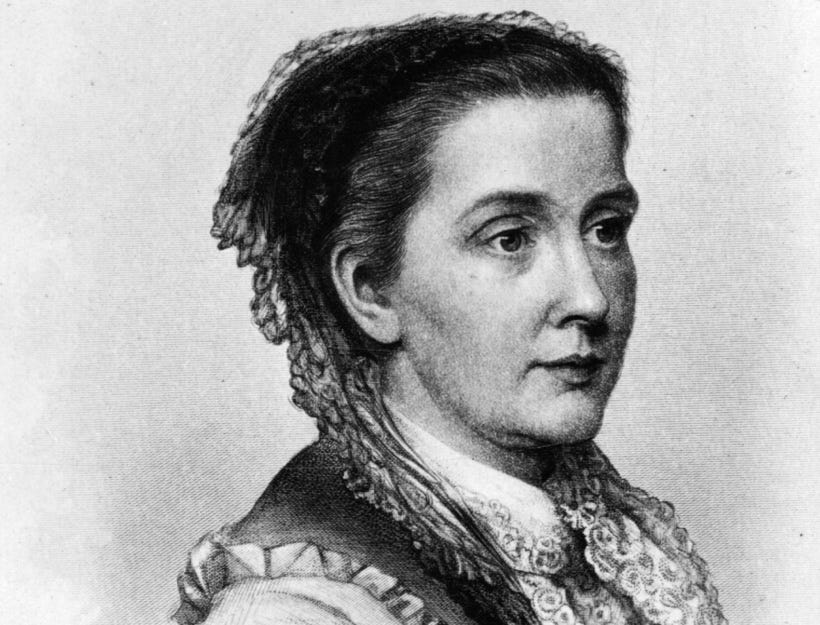
Howe wrote “An Appeal to Womanhood Throughout the World” and declared June 2 “Mother’s Day” - a day for women to work together toward global peace. For a decade from 1872-1882 mothers met in Boston on June 2 to denounce war.
Mother’s Day as we know it today began a few decades later with Anna Jarvis, the daughter of Ann Jarvis, another ardent peace activist who was a friend of Howe’s.
Here is Howe’s Mother’s Day Proclamation:
“Arise, then, women of this day!
Arise, all women who have hearts, whether our baptism be that of water or of tears! Say firmly: We will not have great questions decided by irrelevant agencies. Our husbands shall not come to us, reeking with carnage, for caresses and applause. Our sons shall not be taken from us to unlearn all that we have been able to teach them of charity, mercy and patience. We, women of one country, will be too tender of those of another country to allow our sons to be trained to injure theirs.
From the bosom of the devastated earth a voice goes up with our own. It says: Disarm, Disarm! The sword of murder is not the balance of justice. Blood does not wipe out dishonor, nor violence vindicate possession. As men have often forsaken the plough and the anvil at the summons of war, let women now leave all that may be left of home for a great and earnest day of council.
Let them meet first, as women, to bewail and commemorate the dead. Let them then solemnly take council with each other as to the means whereby the great human family can live in peace, each bearing after his own kind the sacred impress, not of Caesar, but of God.
In the name of womanhood and of humanity, I earnestly ask that a general congress of women, without limit of nationality, may be appointed and held at some place deemed most convenient, and at the earliest period consistent with its objects,
to promote the alliance of the different nationalities, the amicable settlement of international questions, the great and general interests of peace.”
“The terrorist of yesterday is the hero of today. The terrorist of today will be the hero of tomorrow.” - Malalai Joya
Malalai Joya’s father lost his leg while fighting in the Soviet-Afghan war. Her family had to flee their native Afghanistan. Malalai grew up in refugee camps in Iran and Pakistan.
Later when she returned to Afghanistan, she secretly became a teacher to girls when that was illegal under Taliban rule. She helped to establish an orphanage and free medical clinic.
In 2003 at 25 years old she stood up at a constitutional assembly in Kabul and denounced her country’s warlords who were in attendance, saying “These were those who turned our country into the nucleus of national and international wars. They were the most anti-women people in the society who wanted to, who brought our country to this state and they intend to do the same again.”
This threw the assembly into upheaval. She was ordered out of the assembly with shouts of death threats.
A few years later she became the youngest person elected to Afghanistan’s new Parliament, but was suspended when she criticized her fellow members of parliament for war crimes and for killing 60,000 people.
She has survived four assassination attempts. Her memoire is called “A Woman Among Warlords.”
Of the wars she has witnessed she said, “People say the war in Iraq is a bad war, and the war in Afghanistan is a good war, but what’s the difference between them? Democratic people around the world cannot accept that this is a good war. This is just endless war.”
Women explain how to prevent war
Audre Lorde
From The Master’s Tools Will Never Dismantle the Master’s House
“It is learning how to stand alone, unpopular and sometimes reviled, and how to make common cause with those others identified as outside the structures in order to define and seek a world in which we can all flourish. It is learning how to take our differences and make them strengths. For the masters tools will never dismantle the master's house. They may allow us temporarily to beat him at his own game, but they will never enable us to bring about genuine change.” - Audre Lorde
“I am not free while any woman is unfree, even when her shackles are very different from my own. And I am not free as long as one person of colour remains chained. Nor is any one of you.” - Audre Lorde
“For it is not the anger of Black women which is dripping down over this globe like a diseased liquid. It is not my anger that launches rockets, spends over sixty thousand dollars a second on missiles and other agents of war and death, slaughters children in cities, stockpiles nerve gas and chemical bombs, sodomizes our daughters and our earth. It is not the anger of Black women which corrodes into blind, dehumanizing power, bent upon the annihilation of us all unless we meet it with what we have, our power to examine and to redefine the terms upon which we will live and work; our power to envision and to reconstruct…” - Audre Lorde
Winona LaDuke
From Recognizing Our Interdependence:
“It’s time for interdependence day, not independence day. That’s when we can recognize and value each other. That would be a good evolution for America, and maybe we will all learn to be patriots to the land and care for each other.”
“I am a patriot to a land, not a flag. Akiing, that’s the Ojibwe word for Land. Akiing means “the land to which I belong” … I am from this land and I recognize my interdependence in this world.”
Gloria Steinem
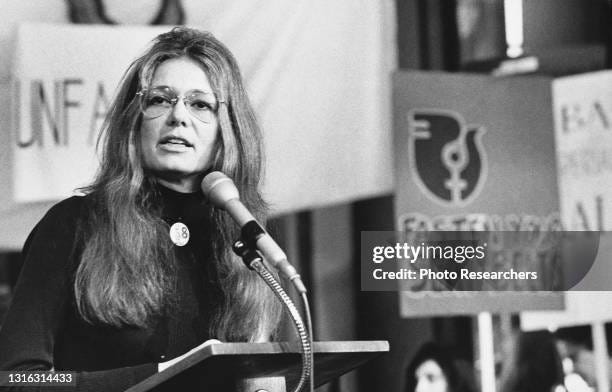
From Living the Revolution:
“They would say well there's always been wars, men have always beaten women. But it isn't true in all cultures.”
“Anthropologist Geofrey Corer discovered that the few peaceful human tribes had a common characteristic: sex roles were not polarized, boys weren’t taught that manhood depended on aggression, and girls weren’t taught that womanhood depended on submission.”
“Much of the trouble this country is in has to do with the Masculine Mystique: the idea that manhood somehow depends on the subjugation of other people. It’s a bipartisan problem.”
“The challenge to all of us is to live a revolution, not to die for one. There has been too much killing, and the weapons are now far too terrible. This revolution has to change consciousness, to upset the injustice of our current hierarchy by refusing to honor it, and to live a life that enforces a new social justice.
Because the truth is none of us can be liberated if other groups are not.”
bell hooks
“Feminism is a struggle to end sexist oppression. Therefore, it is necessarily a struggle to eradicate the ideology of domination that permeates Western culture on various levels.”
“When culture is based on a dominator model, not only will it be violent, but it will frame all relationships as power struggles.”
“Seeking to heal the wounds inflicted by patriarchy, we have to go to the source. We have to look at males directly, eye to eye, and speak the truth that the time has come for males to have a revolution of values. We cannot turn our hearts from boys and men, then ponder why the politics of war continues to shape our national policy and our intimate romantic lives.”
Can war games prevent war?
Coming across that NPR story “Can War Games Prevent Actual War?” while writing this article felt like poetry. Men playing war to prevent war.
Can war games prevent war?1
What was that about using the master’s tools to dismantle the master’s house?
War games are the war prevention tactic we’ve been trying. Let’s put ourselves into hierarchies of power and superiority and see what happens= war games. Let’s continue to grossly exacerbate income inequality and see what happens= war games. Let’s give half the population way fewer rights than the other half and see what happens= war games.
Let’s not address inequality while asking how to prevent war.
As women have been saying for quite some time now- equality is how you prevent war.
As Virginia Woolf says, you cannot simply oppose war while leaving intact the structures that produce war.
Within those hierarchical structures, we’ll continue to watch as a few powerful men play war games with each other deciding whether thousands, or millions, of people will die.
Do you enjoy thinking about and discussing all things patriarchy and feminism?? Cool me too. Come discuss with me and the Matriarchal Blessing community by becoming a paying subscriber. For our next discussion we will be discussing Ruth Whippman’s book BoyMom on Sunday, July 27 at 11:00am.
Alternatively, you could also just pay me for my work just cause, that is also very cool and very appreciated! Thank you!
Can a fever prevent illness? Can a house fire prevent arson? Can water damage prevent a flood?


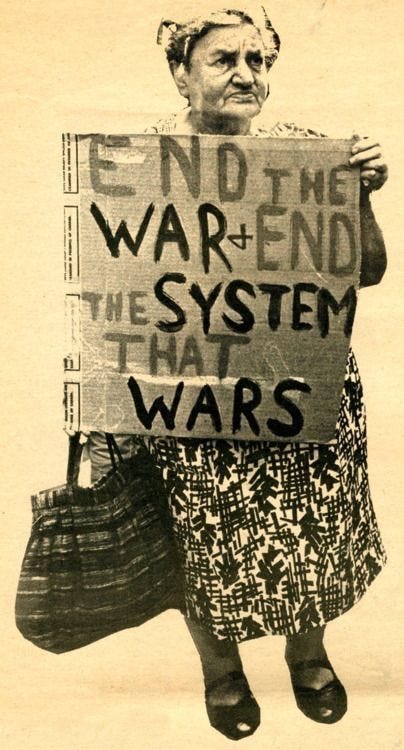



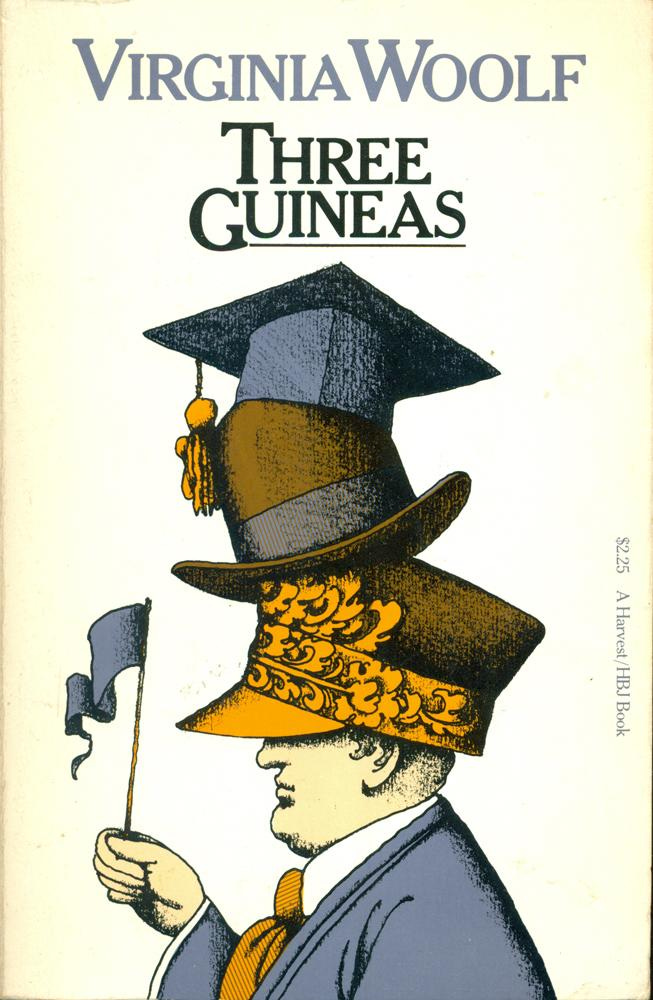
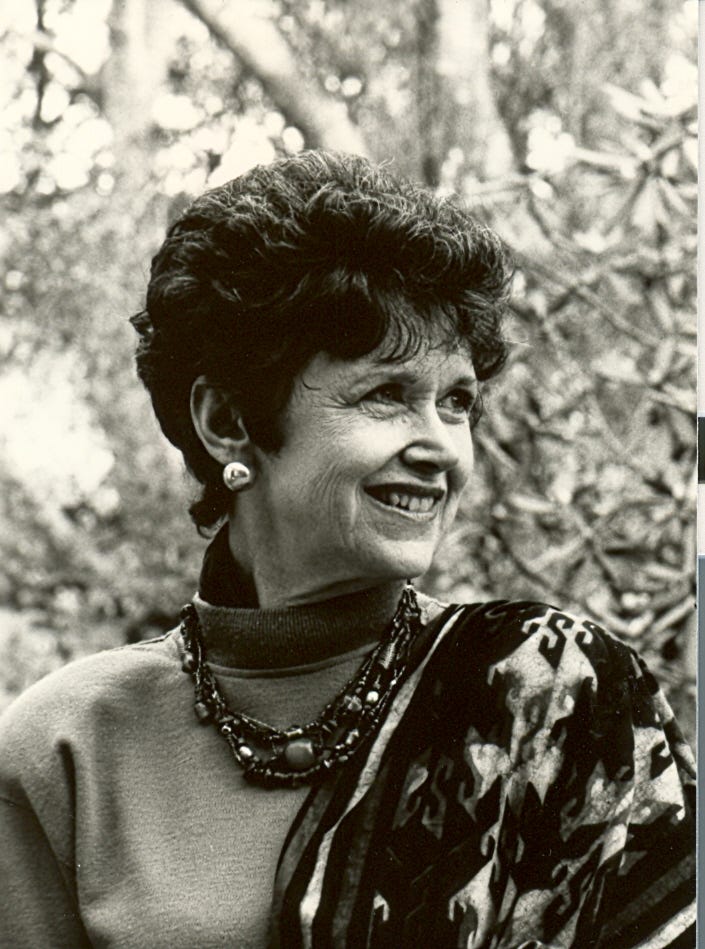
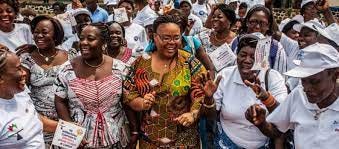
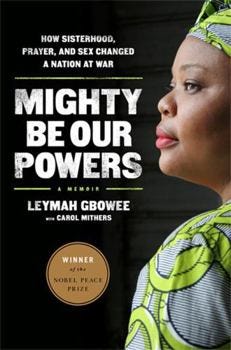
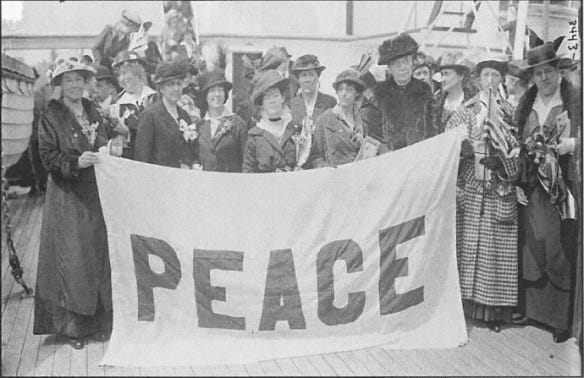
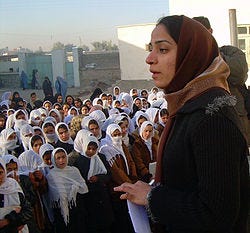
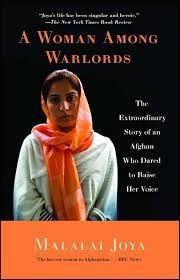
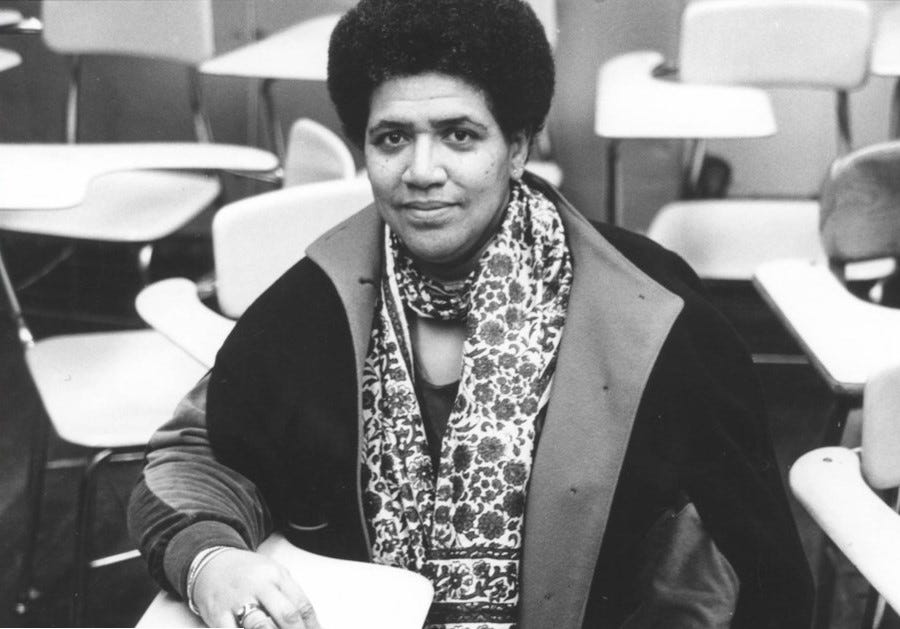
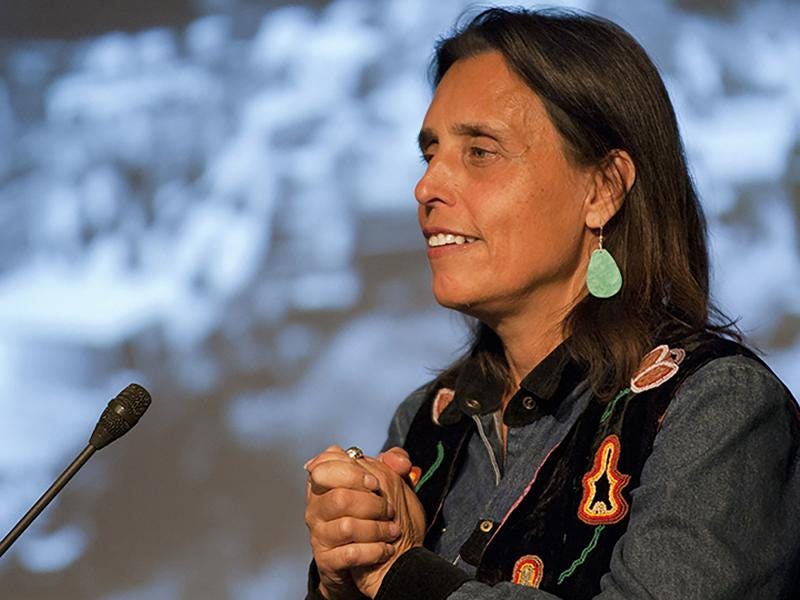
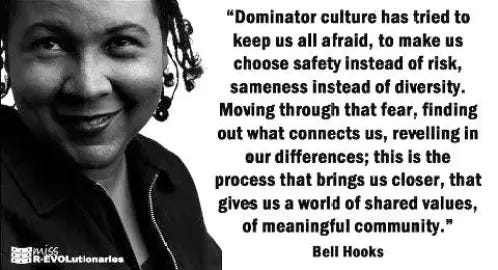
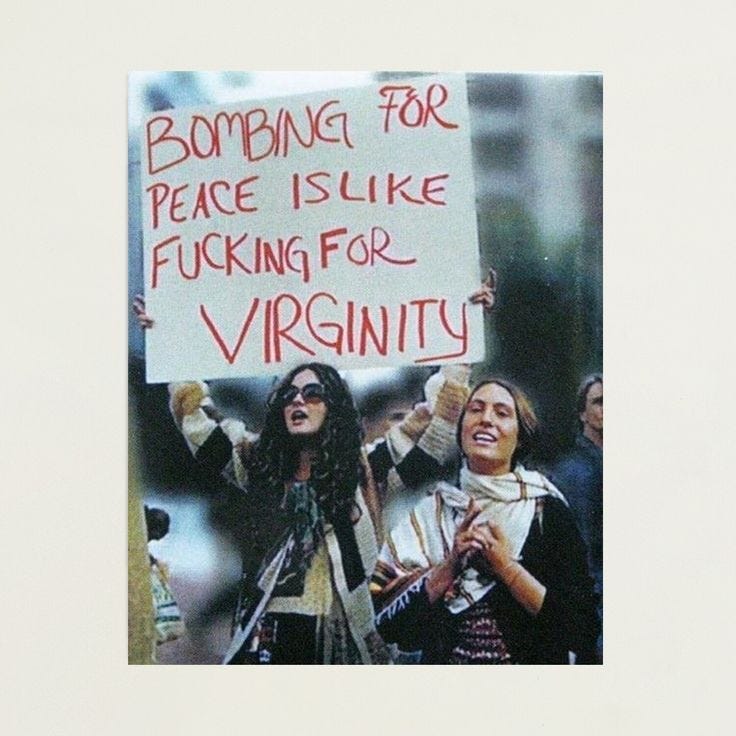
"I earnestly ask that a general congress of women, without limit of nationality, may be appointed and held at some place deemed most convenient, and at the earliest period consistent with its objects..."
Now. Now works for me. How about right now?
Wow. What a great essay. So much history packed into your piece. Your words combined with their words combined with photos. So powerful. Thank you.